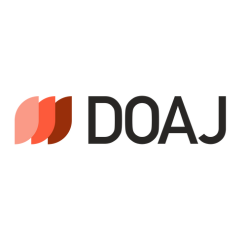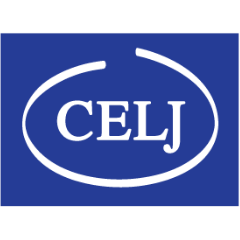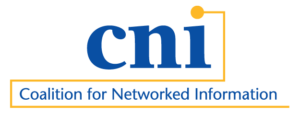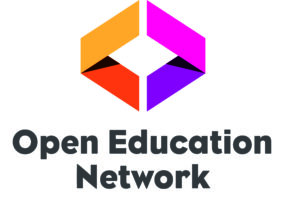
Affiliate Spotlight: Érudit
By Melanie Schlosser
LPC’s Strategic Affiliates Program connects our community with peer membership communities working in libraries, publishing, and scholarly communications. LPC’s leadership has regular touch base calls with each of our affiliates and occasionally invites their leadership to group discussions on topics of broad interest. This work helps us to support the ‘community of communities,’ to align our work and to avoid duplication of effort. However, it is largely invisible to LPC’s membership. To recognize our affiliates’ contributions to our community, and to connect our members to resources and opportunities in peer communities, we are publishing a series of Affiliate Spotlights on the blog in 2024.
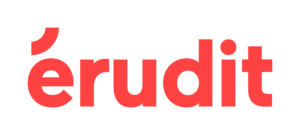 About
About
Website: https://www.erudit.org/
X (Twitter): @eruditorg
Strategic affiliate since: 2024
Érudit is the leading research dissemination platform in Canada, specializing in the humanities and social sciences. Supported by an inter-university consortium, it provides French and English research communities with a range of services in digital publishing and dissemination. Visit erudit.org to learn more.
Érudit works with the Public Knowledge Project in Coalition Publica, a partnership to advance research dissemination and digital scholarly publishing in Canada. Together, we are supporting the social sciences and humanities journal community in the transition towards sustainable open access.
We are developing a non-commercial, open source national infrastructure for digital scholarly publishing, dissemination, and research—combining Open Journal Systems and the erudit.org platform—as well as research investigating the Canadian scholarly publishing ecosystem.
Resources
We asked our affiliates to identify some of their resources that may be of interest to the LPC community.
We publish research notes and reports on developments in scholarly publishing, the digital dissemination of research and culture, and the open science movement.
We host webinars of interest to the library and journal communities, a few recent examples include:
- Informed Use of Multilingualism in PKP Software
- Advancing Research Visibility through National Portals: Insights from Spearheading Institutions
- All together now: Toward partnerships for Open Access
We work with journals and libraries to improve metadata quality in OJS, particularly for multilingual publications, here are some guides we’ve produced:
- Preparing Quality Metadata in OJS: A Guide for Coalition Publica Journals, also available in French
- Better Practices in Journal Metadata, also available in French
Subscribe to Érudit’s newsletter to keep up to date!
Collaborations
In 2022–2023 Érudit, through Coalition Publica, participated in the LPC Canadian Community Development Working Group, which identified areas of common interest for our organizations and communities. With Érudit now an LPC strategic affiliate, we look forward to sharing progress and expertise to advance Diamond and institutionally supported open access publishing.
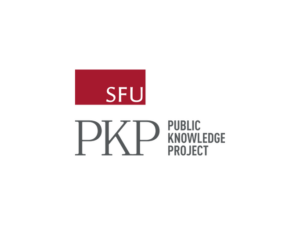


 The award goes to Joshua Neds-Fox (Wayne State University). Over the last 5+ years, Joshua has demonstrated ongoing, unwavering commitment to LPC through service. He has stepped into leadership roles when needed, but has also been happy to follow others’ lead and work quietly in the background. Some highlights of his service include his contributions to and stewardship of the Ethical Framework for Library Publishing, his substantial contributions to LPC’s first Strategic Plan during his term on the Board, his consistent presence on and interim leadership of the Curriculum Editorial Board, and his service on the DEI Committee.
The award goes to Joshua Neds-Fox (Wayne State University). Over the last 5+ years, Joshua has demonstrated ongoing, unwavering commitment to LPC through service. He has stepped into leadership roles when needed, but has also been happy to follow others’ lead and work quietly in the background. Some highlights of his service include his contributions to and stewardship of the Ethical Framework for Library Publishing, his substantial contributions to LPC’s first Strategic Plan during his term on the Board, his consistent presence on and interim leadership of the Curriculum Editorial Board, and his service on the DEI Committee. About
About